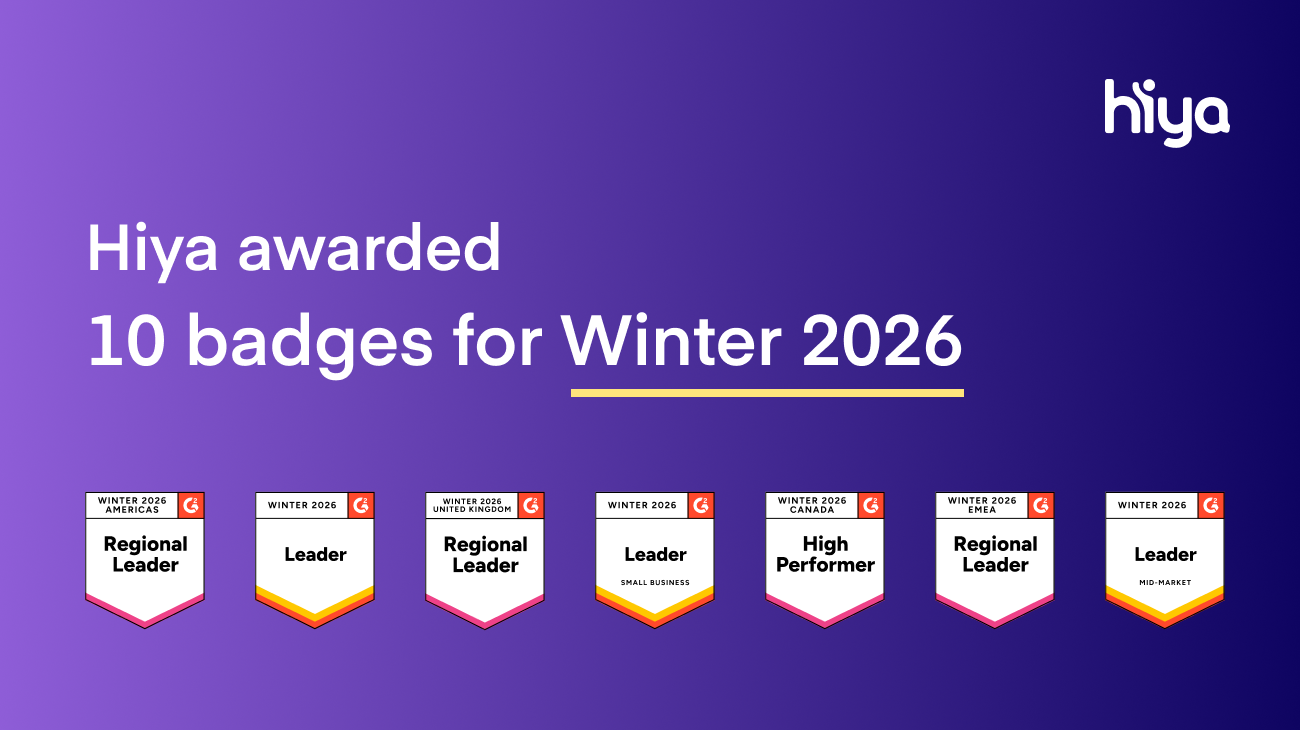.png)
In the year 2024, scam calls are a regular occurrence. We have become used to robocalls with the proliferation of automated systems to follow up on vital communications like appointment times and school closures. Seventy percent of respondents to the survey conducted by Hiya stated that they received a Robocall in the last three months. These are often expected and informational calls.
What about deepfakes and the scams that come with them? By now, your local news station has likely reported on a deepfake. Be it the Grandparent Scam, a Kidnapping Scam, or even handing over a box of cash to a stranger, you have likely heard in passing how deepfake scams are impacting real humans. 27% of the polled respondents stated that they had experienced an audio deepfake in the last 90 days. That is more than 1 in every 4 US residents.
We at Hiya dove deeper into the subject by surveying Deepfakes in the US and how people are being scammed using voices and videos created by AI Deepfake software.
Video
Deepfake videos are becoming increasingly prevalent in our lives as we live online. 41% of respondents stated they experienced a deepfake video on Facebook, 35% cited YouTube, and 28% TikTok. While personal channels are highly concerning for their ability to manipulate celebrities and politicians, work apps are also being exploited. 14% of those surveyed experienced a deepfake through a work chat, with 6% coming across a deepfake video over Teams and 4% over Slack. This opens up the potential for executive scams, where a high-level executive is faked over video with audio to ask an employee to provide important passwords or access to systems. These scammers are praying about employees' relationships with their bosses and the element of time restraint.
Audio
While 70% of those surveyed received a robocall in the last three months, a shocking 61% also experienced receiving a personal call that utilized deepfake audio. As these technologies become more widely available, we need to trust what we hear on the phone and across the web. Facebook and YouTube also top the audio deepfake culprits with 22% and 17%, respectively. 15% reported that they received a deepfake call through the phone concerning work. Scammers have moved past the executive gift card scam and are using more AI voice cloning to trick employees into action.
Important Quick Stats
US
41% experienced a deepfake video on Facebook
26% experienced a deepfake video on Instagram
12% experienced a deepfake video on a video call at their job
61% experienced an audio deepfake on a personal call
22% experienced an audio deepfake on Facebook
17% experienced an audio deepfake on YouTube
15% experienced an audio deepfake on a work phone call
49% of people tell others that they were a victim of deepfakes
48% don't tell anyone that they were a victim of deepfakes
UK
36% experienced a deepfake video on Facebook
28% experienced a deepfake video on Instagram
13% experienced a deepfake video on a video call at their job
39% experienced an audio deepfake on a personal call
14% experienced an audio deepfake on Facebook
14% experienced an audio deepfake on YouTube
14% experienced an audio deepfake on a work phone call
51% of people tell others that they were a victim of deepfakes
43% don't tell anyone that they were a victim of deepfakes
Methodology:
Hiya use OnePoll to conduct two polls of 2000 adults, one based in UK and one in US. Sample size is specified on a question by question basis, by the number at the bottom of each table. For example "base n = 2000". Where routing has been applied, and not all respondents have answered a question this is indicated by a lower base size than the full sample. For example "base n = 785; total n = 2030; 1245 missing"

.jpg)

